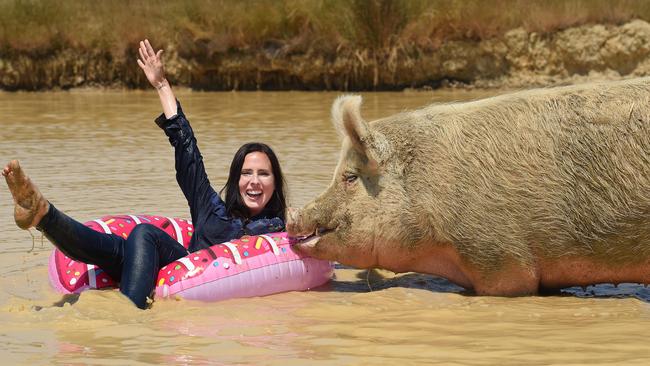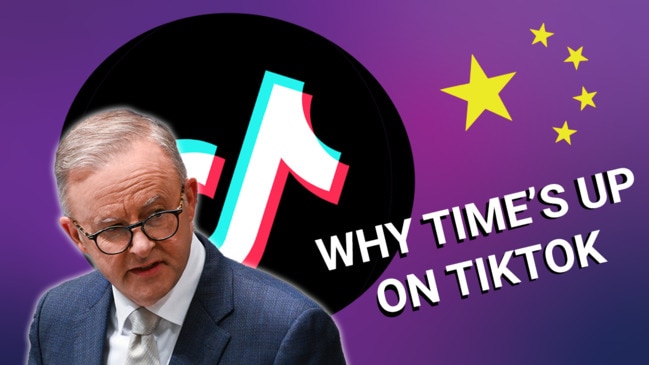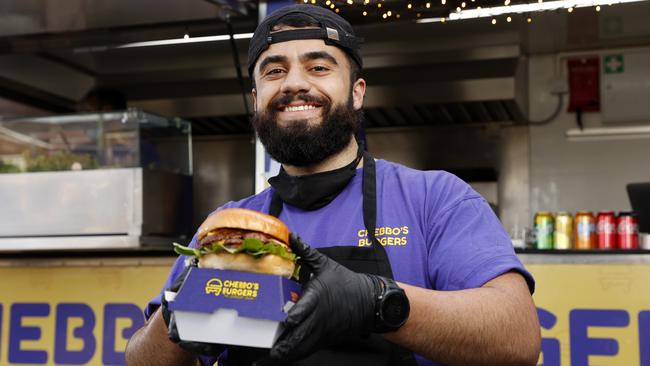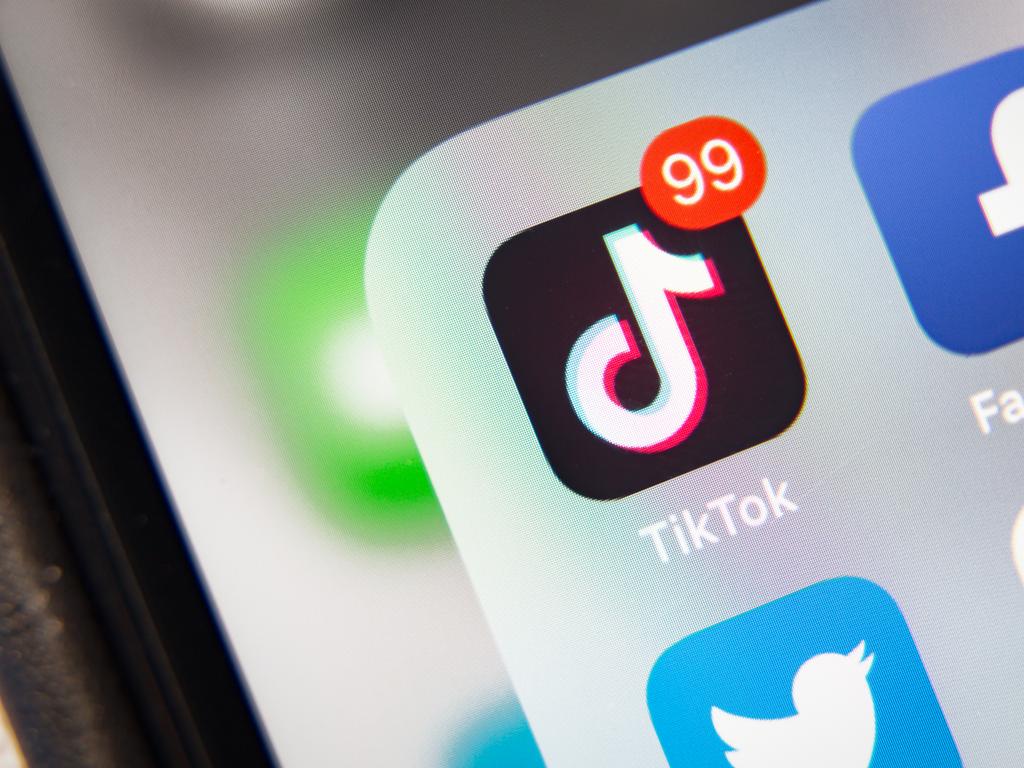What impact will TikTok’s ban have on the creator economy
A cybersecurity saga rages on around TikTok. But what would the collapse of a multibillion-dollar creator economy entail?

The end of TikTok will cause a seismic “blow to the economy and culture of Australia”, says local managing director Lee Hunter.
Mr Hunter said a blanket ban on the Chinese-owned social media app – which has become a flashpoint for cybersecurity fears in the West – would have a “real human impact” on its users.
Following a government-wide ban on the use of the platform, the company fired back at criticism, with independent research claiming it collects a similar amount of data as the likes of Google and Facebook.
“Hundreds of thousands of creators and small businesses are building their lives on TikTok,” Mr Hunter said.
“When we talk about taking that away, we need to know the blow it will have to the economy and the culture of Australia.”
Adobe’s Future of Creativity study revealed Australia’s so-called “creator economy” has increased by 48 per cent since 2020, one in five of whom own their own content-related business.

Championed for its point of difference – namely, the chance to go “viral” overnight, without an established following – TikTok has enabled users with audiences as large as 50,000 followers to earn up to $200,00 a year on the platform, according to influencer marketing business Tribe.
Among the elite creators who boast millions of followers, a single post can earn $10,000.
Ali Chebbani, 23, the food creator behind Chebbo’s Burgers, credits the opening of his first restaurant entirely to the platform.
The former accounting student dedicated his evenings to cooking and selling meals to customers from his driveway, a hobby that generated one million followers and a business “bootstrapped” through the platform within three years.
“I didn’t have to get a loan because I had money from TikTok,” Chebbani said.
“It’s an unbelievable way to get eyes and ears to what you’re doing and how you’re doing it. Back in the day you had to pay an insane amount of money to get that. Now you just need a phone.”
Chebbani credits his success to a combination of brand deals and sponsorships that he has secured through the platform, and a solid customer base created through the app’s focus on “micro-communities” – users dedicated to looking at a particular niche.
The end of the app, he said, would destroy “livelihoods, community and connection”.
“Other platforms can’t do what TikTok does,” he said. “You can organise a community through your platform of people who love your particular idea.
“It would just be a massive blow to the economy – we have to recognise what it is, it’s a platform that’s really cemented itself as a means for communication for businesses.”

Sydney-based creator Priya Sharma and her partner Sid echo the sentiment, having swapped the comfort of their lives as explosive engineers in Queensland to document their van travels around the country in 2019.
“My partner and I started a whole business through TikTok only,” the 29-year-old said.
Cooking videos filmed in the back of the vehicle that feature Sharma’s father’s family spice mix soon caught the eyes of millions of followers. It has since turned into a business that sustains the couple.
“We never set out to make a business; it happened fairly organically, all through people who watched our videos,” she said. “That was a life built entirely through TikTok. We left our jobs thinking it would only be for a year … and three years later we’re still doing it.”
For Kelly Dinham, 36, money is not the motivation. The community engagement officer at Edgar’s Mission, a regional Victorian charity centred on providing sanctuary for rescued and abused animals, says the “awareness” the platform has generated for the cause is unparalleled.
Ms Dinham said that sharing rehabilitation videos of the animals to TikTok during the pandemic lockdowns “went crazy”, driving the charity’s following to an audience of 1.9 million users.
“The education side is important,” she said of TikTok.
“We are able to discuss animal welfare, tell people about our work, and help fundraise.”
The charity’s 153-acre home to more than 400 rescued animals has found new avenues to fundraise through the platform, crossing the Atlantic to generate a large American audience.

Mr Hunter, who left Google to take on the head role of TikTok three years ago, says the perceived threat of Chinese spying has appeared “in some shape or form” since his first week.
“We recognise that we get more scrutiny than any of the other platforms – we’ve also had the benefit of coming up later and building from the outset,” he said.
“TikTok is a platform that works harder than any of the others around safety and privacy.”








To join the conversation, please log in. Don't have an account? Register
Join the conversation, you are commenting as Logout